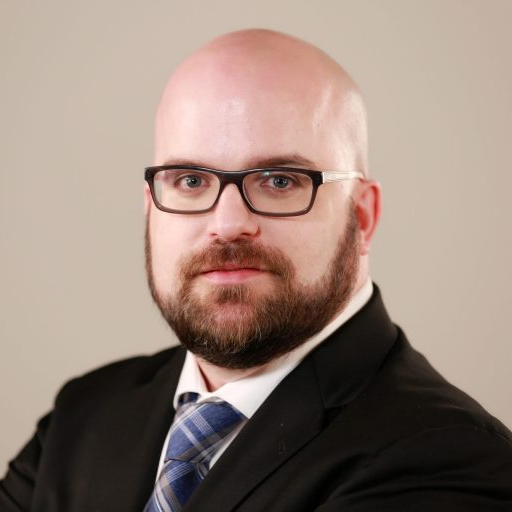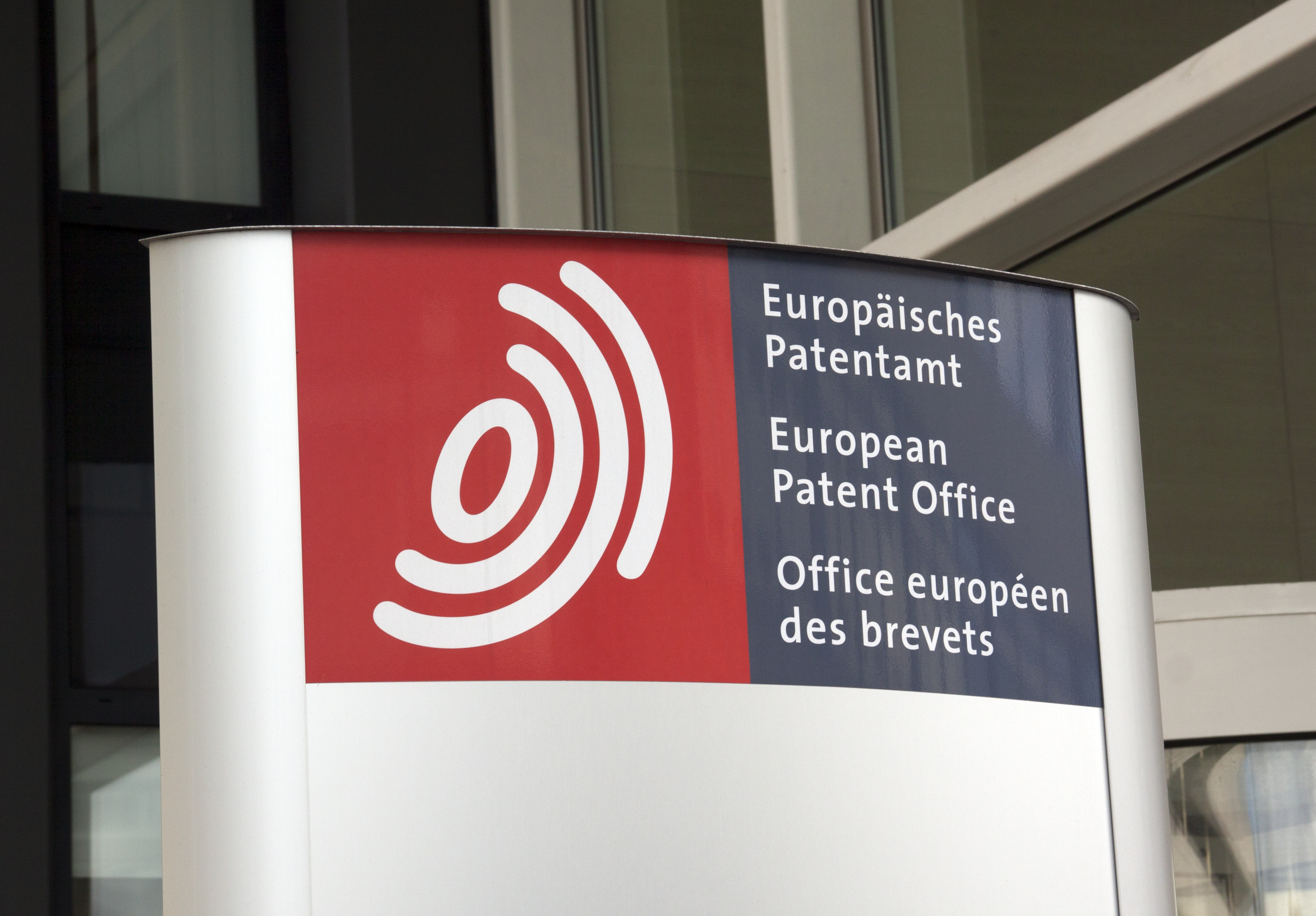No Requirement to Atone for Past Transgressions of Prior Owners
“These cases, at most, establish that a predecessor’s actions may, in equity, prevent enforcement of the patents. They say nothing about why a predecessor’s actions would burden patents for all purposes, including for holding a successor-in-interest liable for a breach of contract.”
In the book / movie “The Shining”, the Overlook hotel is haunted by ghosts involved in past wrongs committed on the property, presumably to make the current inhabitants atone for such sins. Notwithstanding this transcendental precedent, Judge Rodney Gilstrap recently declined to extend such a notion to patents subject to Fair, Reasonable and Non-Discriminatory (FRAND) licensing related obligations.
G+ Communications, LLC v. Samsung
The case of G+ Communications, LLC v. Samsung Electronics Co., Samsung Electronics America, Inc., Case No: 2:22-CV-00078-JRG (E.D. Texas), is yet again the source of another interesting interlocutory decision regarding FRAND licensing issues. This time the question is whether a prior owner’s (ZTE) actions taken before transferring the patents are imputable to a subsequent owner (G+) by virtue of FRAND licensing obligations associated with the patents.
According to the Memorandum Opinion and Order dated January 8, 2024, Samsung and ZTE began negotiations in 2019 regarding, among others, the patents at issue, but prior to completion of any Samsung-ZTE license, the patents were transferred to G+ in a patent purchase agreement (“PPA”). Pursuant to the PPA, ZTE retained “a 20% net royalty on all proceeds generated from G+’s licensing” of the patents, commonly referred to as a “back-end”, and further agreed to “cooperate with G+ to facilitate G+’s licensing efforts.” Related thereto, Samsung wanted the following evidence put before the jury in support of its breach of contract counter-claim:
“(1) the timeline of Samsung’s license negotiations with ZTE; (2) ZTE’s knowing and purposeful failure to include the Asserted Patents in Samsung’s license and its concealment of its transfer to G[+]; (3) ZTE’s license of the Asserted Patents to Samsung’s competitor — Apple — around the same time; (4) ZTE’s sale of Asserted Patents to G[+]; and (5) ZTE’s retention in 20% interest of the Asserted Patents.”
Analysis of Imputation Arguments
In support of its argument that patents are property and, therefore, ZTE’s actions should be imputed to G+, Samsung cited three cases where prior owner actions travelled with the patents. Judge Rodney Gilstrap, however, distinguished these cases from the present situation as follows:
“None of these cases establish why ZTE’s actions rise to the level of and constitute an encumbrance that burdens the Patents-in-Suit for purposes of a breach of FRAND. These cases, at most, establish that a predecessor’s actions may, in equity, prevent enforcement of the patents. They say nothing about why a predecessor’s actions would burden patents for all purposes, including for holding a successor-in-interest liable for a breach of contract. Neither party disputes and the Court finds that the FRAND commitment sounds in contract and is a legal obligation, not equitable in nature.”
Judge Rodney Gilstrap next considered G+’s argument that Samsung’s position is contrary to French law, which analysis begins with recognition of the French “privity rule”:
“France follows the ‘privity rule,’ according to which a person acquiring a good or a right from someone else is not bound by the contracts entered by the transferor, even in relation to the good or right transferred. Neither is the transferee liable for any breach of contract or duty committed by the transferor before the transfer, even incurred in relation to the good or right transferred.”
According to the decision, however, the rule does not apply if the parties agree to transfer the obligation and “when the contract or undertaking can be regarded as an encumbrance of the good or right that has been transferred.” In dismissing Samsung’s argument that the privity rule should not apply because G+ is an alter ego of ZTE, Judge Rodney Gilstrap ruled as follows:
“This argument fails. First, Samsung has not provided legal support within French law for this assertion. On such a record, the Court has no basis to simply assume that French law operates as Samsung asserts. Second, Samsung has not demonstrated how the facts before the Court would establish that G+ is an alter ego of ZTE. Establishing that one entity is an alter ego of another is a high bar that is not easily met.”
Samsung also failed on procedural grounds as a result of not providing G+ adequate notice of such imputation theories.
Willful Infringement and General Narratives
Somewhat softening the blow, the Memorandum Opinion and Order notes that Samsung is not precluded from relying on ZTE’s past behavior for other reasons:
“Indeed, the Court finds the facts identified by Samsung are relevant and probative as part of Samsung’s defense to G+’s charge of willful infringement. If Samsung reasonably believed that it was receiving a license to the Patents-in-Suit as part of the July 9, 2021 license from ZTE, only to later be surprised that G+ is asking for a license to the same patents, such could counter, to some degree, G+’s charge of willfulness. Willful infringement is an inquiry that considers the ‘totality of the circumstances,’ and these circumstances fall within that totality. … These facts may also be relevant to Samsung’s general narrative of the case.”
Coming full circle, it would seem a little unfair to hold Jack liable for overstaying his welcome at the Overlook if the ghosts that haunted it played a part in making him stay.
Image Source: Deposit Photos
Author: karenr
Image ID: 34765743
Curtis Dodd
Curtis Dodd is Chief Licensing Officer (CLO) and Chief Intellectual Property Officer (CIPO) at Harfang IP. Curt is a veteran of patent monetization, enforcement and portfolio management in the telecommunications and […see more]
Chris Dubuc
Chris Dubuc is the Founder and President of Harfang IP. He previously founded Longhorn IP, an emerging leader in the world of patent licensing. Prior to Longhorn IP, Mr. Dubuc […see more]








